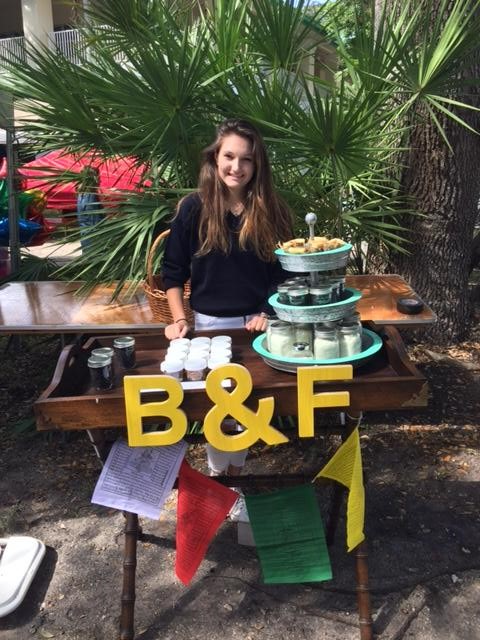Too tight for comfort, too stiff to change
 Tuesday, November 7, 2017 at 10:44AM
Tuesday, November 7, 2017 at 10:44AM BY: ANDREW SHODELL '19
PTS Falconer Staff
Cartoon illustration by Ema Capilla '19.
The approach to uniform policy resembles scientists in the hand sanitizer industry, attempting to maximize the destruction of harmful germs with minimal effect on the positive ones. Neither the manufacturers of policy nor sanitizer are currently successful.
Reflecting the common-sense idea of striving for a net-positive, the use of a hand sanitizer that kills more helpful germs than damaging germs is implausible. Similarly, rules should mainly reprimand rule-breakers, rather than impede rule-followers. Uniform policy, a quintessential example of rules serving to hold back the majority, is imposed on all for a rule broken by few. Curbing academic students’ comfort, the lack of ease induced by school uniform shorts branded with the school logo -- meant to be tight enough to reveal phones in pockets -- is restraining the rule-following majority of students. The unfeasible notion that more than 50% of students are breaking this rule is disproved by the fact that there are not 325 phones confiscated per day, or 325 students in the upstairs library serving detention daily. Even if a majority of the school was breaking the phone rule, then the shortage of people getting caught is proof in itself that these 100% cotton, leg-prisons are serving no positive purpose. According to the statistics and applied logic, Palmer Trinity’s benevolent germs are being obstructed at freakishly higher rates than the opposite.
Posited by 18th century French Enlightenment philosopher, writer, and composer Jean-Jacques Rousseau, “[People are] born free, and everywhere [they are] in chains.” To paraphrase, positive traits inherent after birth, such as academic excellence or aptitude to comprehend information, are hindered by the enforcement of net-negative rules, confining the majority. Others may opt for the opposing opinion of 17th century English philosopher and champion of despotism, Thomas Hobbes, who says, “The life of [people] in the state of nature is solitary, poor, nasty, brutish and short.” Supporting the idea that humans are born with a tendency to break rules, Hobbes’ theory -- reflective of school uniform policy -- is merely applicable in an environment with a majority of rule breakers. As stated previously, the fact that there are fewer than 325 phones in the office daily proves that either a majority of Palmer Trinity students are, astonishingly, following the rules, or on the contrary are just not getting caught. Regardless, this shows the fallacies in forcing students to wear the current, uncomfortable school uniform shorts.
Our intended policy is obviously not working: forcing students to wear the logo on their shorts is cost-prohibitive to the students who need to buy these expensive shorts; this is causing non-requisite discomfort to much of the student body; the current model, statistically, is not even working. An alternative to current rules would perhaps be requiring students to wear the uncomfortable shorts with an emblem only if they have been caught twice with a phone in their pocket. With this rule, the uniform policy would reprimand bad germs while allowing rule-followers to flourish in better khakis without the logo.
Maybe it would also help our student body feel less negative about strictness, rigidity, and uniformity. Maybe more students would graduate appreciating not only the great education we received, but also the trust and faith in us as people. Maybe more students would graduate happy, not just grateful. Imagine the potential effect of future giving.
With the school’s emphasis on honesty, integrity, and respect, Palmer Trinity is surely not a Hobbesian chaos; the incarceration of students’ potential can easily be avoided in such an environment. As an innovative school with a dynamic approach to the handbook, we can be the scientists on the brink of discovering a sanitizer fit solely for eliminating negative germs in a primarily healthy student body.
 The Falconer | Comments Off |
The Falconer | Comments Off | 



